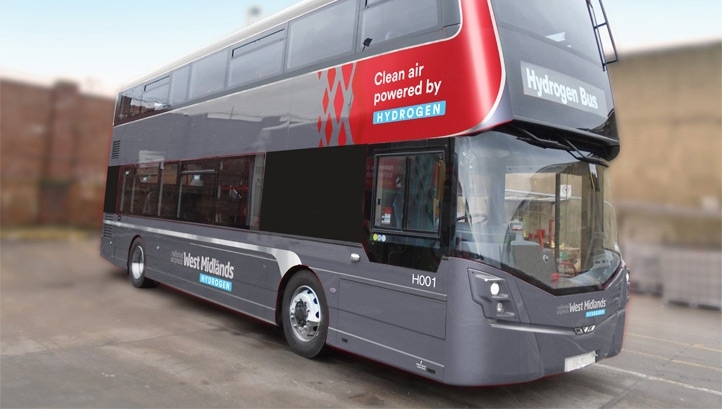The Department for Business, Energy and Industrial Strategy (BEIS) has allocated new multi-million-pound funding pots to cleantech innovators, including companies developing AI for wind turbines and high-power batteries for electric cars.
New multi-million-pound funding pots to cleantech innovators, including companies developing AI for wind turbines and high-power batteries for electric cars.
Tuesday 3 November saw the Department confirm its plans for spending £49m on the UK’s electric mobility sector, to help prevent transport emissions rebounding post-lockdown and to create new jobs in the field.
- Some £10m of the pot is being allocated as part of the Automotive Transformation Fund;
- £29m has been earmarked for projects creating a bigger market for second-life electric vehicle (EV) batteries;
- and the remaining £10m will be spent on improving automation technologies to improve EV charging.
Recipients include Nissan, which will create automated charging infrastructure at its Sunderland manufacturing plant, and the BSA Company, which is developing a “true retro motorcycle” with a battery-powered engine. AMTE Power has also received a share to scale up its EV battery cell production line in Thurso, Scotland, while TALGA will be supported to develop EV batteries capable of delivering longer ranges.
Wrightbus is additionally getting support to scale up its hydrogen bus operations.Aberdeen City Council and Birmingham City Council recently began real-world trials of the innovative buses.
The Advanced Propulsion Centre’s chief executive Ian Constance said the funding “demonstrates the real and ongoing commitment of government and industry working together to advance the UK’s vibrant automotive technology development sector towards a fully electrified future”.
Cleantech boost
Then, on 4 November, BEIS outlined how Innovate UK will be allocating the next round of its Sustainable Innovation Fund, totalling £134m. A total of 1,068 projects have received a share and the maximum amount allocated to one project is £175,000.
Bristol-based marine firm Rovoco, which is developing technologies to assist autonomous underwater inspections for wind turbines, is among the recipients. Offshore wind is the only renewable energy sub-sector with a Sector Deal in the UK. Boris Johnson sees offshore wind playing a larger role than onshore renewables in the UK’s net-zero transition.
Other funding recipients include Welsh firm KegTracker, which uses AI to reduce keg waste from pubs and bars and seaweed-based materials innovator Oceanium.
“The UK’s response to coronavirus has demonstrated the very best of British ingenuity, and it is this resourcefulness that will help us navigate our way through this pandemic,” Business Secretary Alok Sharma said.
“Today’s investment will ensure that our innovators and risk-takers can continue to scale up their ideas, helping the UK to build back better and ensure we meet our clear commitments on tackling climate change.”
Since Covid-19 was officially declared a pandemic, UKRI and BEIS have also allocated significant funding pots to R&D in the fields of geothermal energy, heat recovery networks and efficient construction.
It is clear that innovation will play a role in the green recovery movement, but opinion differs on the extent of its importance and the processes governments will adopt. Capgemini is urging nations to focus on innovations with a “high impact” on climate mitigation, including bifacial solar panels, battery storage and deep retrofits. The IEA has argued that some 75% of the emissions reductions necessary to meet net-zero are dependent on technologies which have not yet reached commercial maturity, while Project Drawdown has outlined scenarios in which the majority of emissions reductions are delivered by technologies, systems and processes which already exist.

